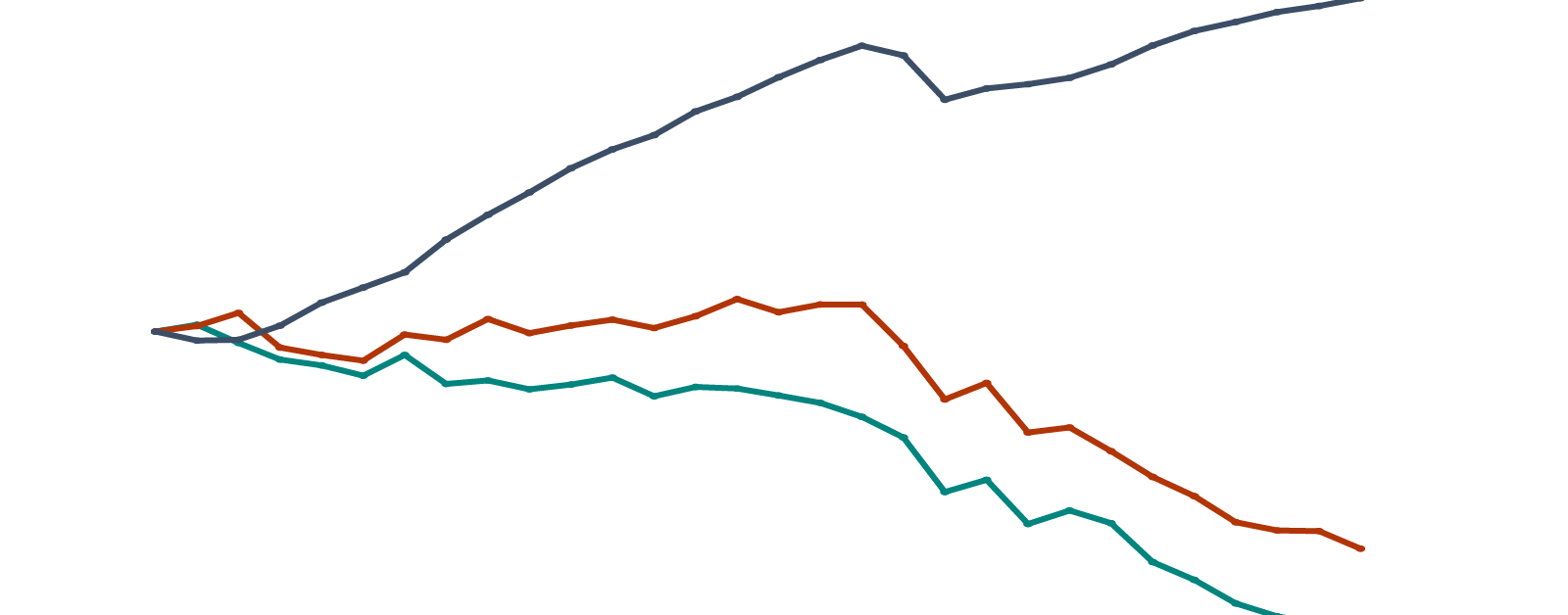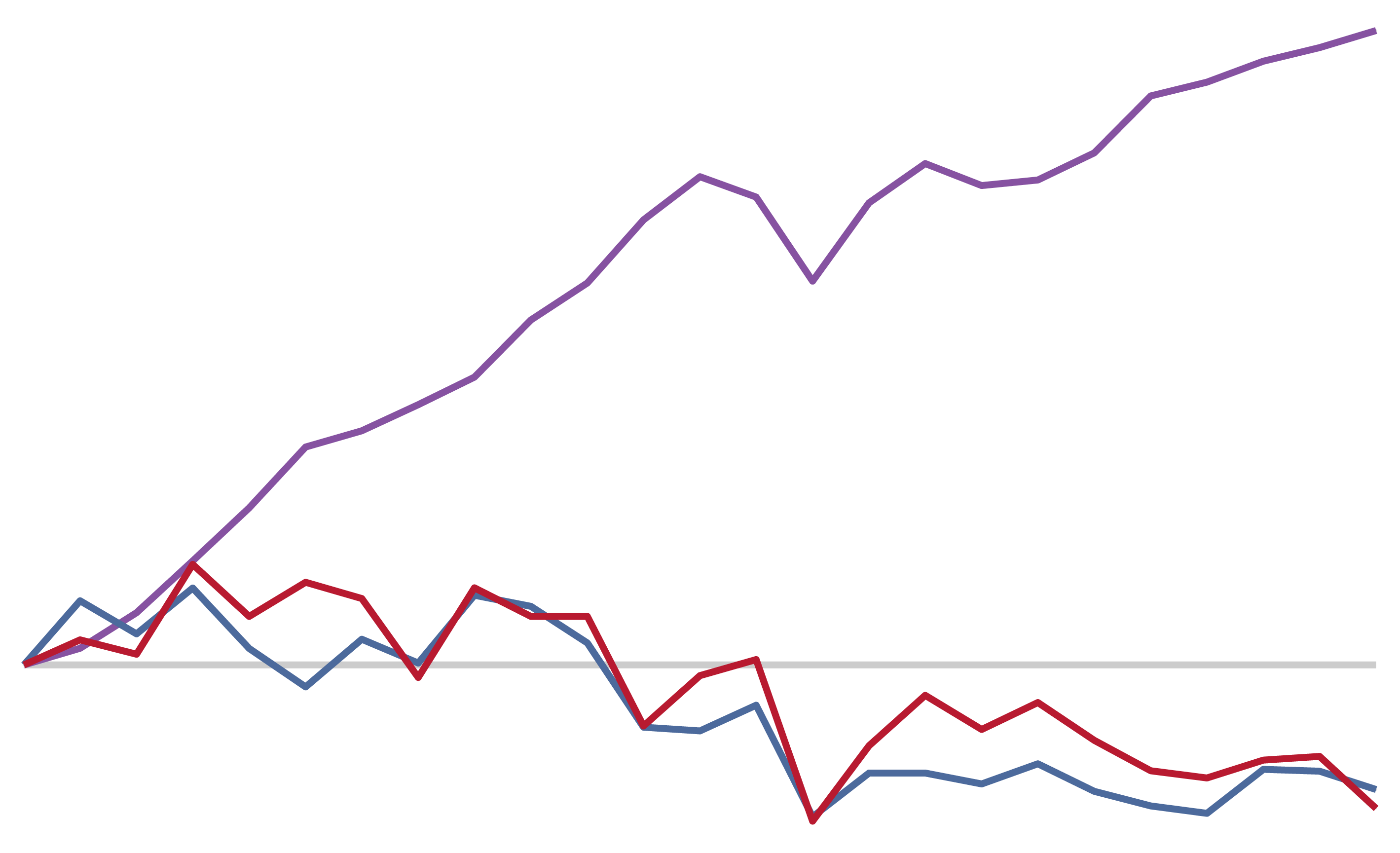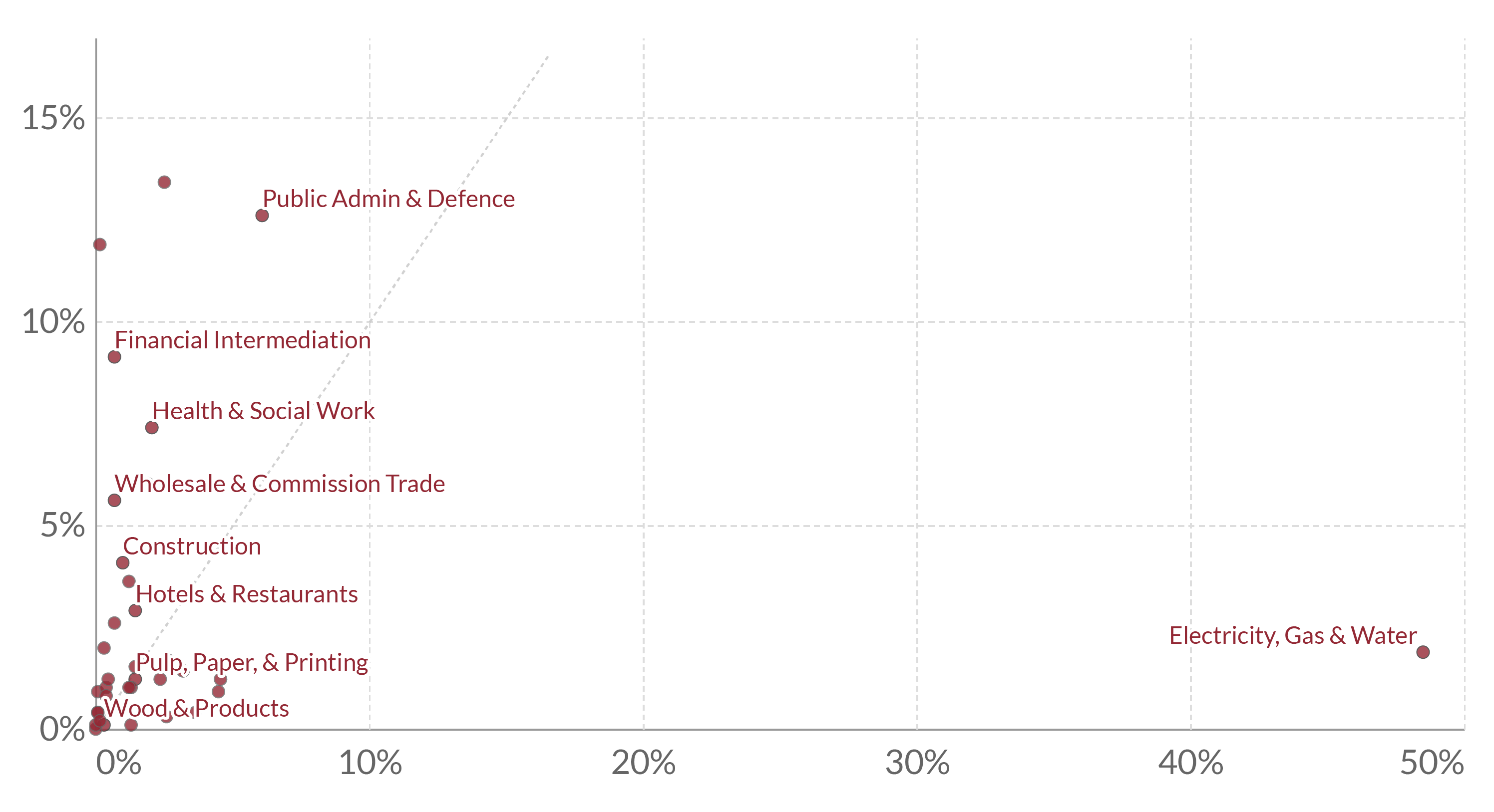Economic Growth
Good health, nutrition, a place to live, education… Many of the things we care most about require goods and services produced by people: the care that nurses and doctors give; the food we eat; the homes we live in; the education that teachers provide.
Economic growth means an increase in the quantity or quality of the many goods and services that people produce.
The history of economic growth is, therefore, the history of how societies left widespread poverty behind. In places that have seen substantial economic growth, few now go without food, almost all have access to education, and parents rarely suffer the loss of a child. The work of historians shows this was not the case in the past.
Similarly, the history of economic growth is also the history of how large global inequalities emerged – in nutrition, health, education, basic infrastructure, and many other dimensions. In some countries, the quantity and quality of the goods and services underpinning these outcomes grew substantially over the past two centuries; in others, they did not.
Of course, economic growth does not reflect everything we value. On Our World in Data we provide thousands of measures that try to capture these many different dimensions, covering topics such as biodiversity, pollution, time use, human rights and democracy.
Economic growth is, however, central to shaping people's overall living conditions. Just as in the past, the future of global poverty and inequality will depend on whether, and which, countries are able to substantially grow their economy. As such, it is one of the most important aspects of understanding our world today and what is possible for the future.
On this page, you can find all our data, visualizations, and writing on the topic.
Research & Writing

What is economic growth? And why is it so important?
The goods and services that we all need are not just there – they need to be produced – and growth means that their quality and quantity increases.
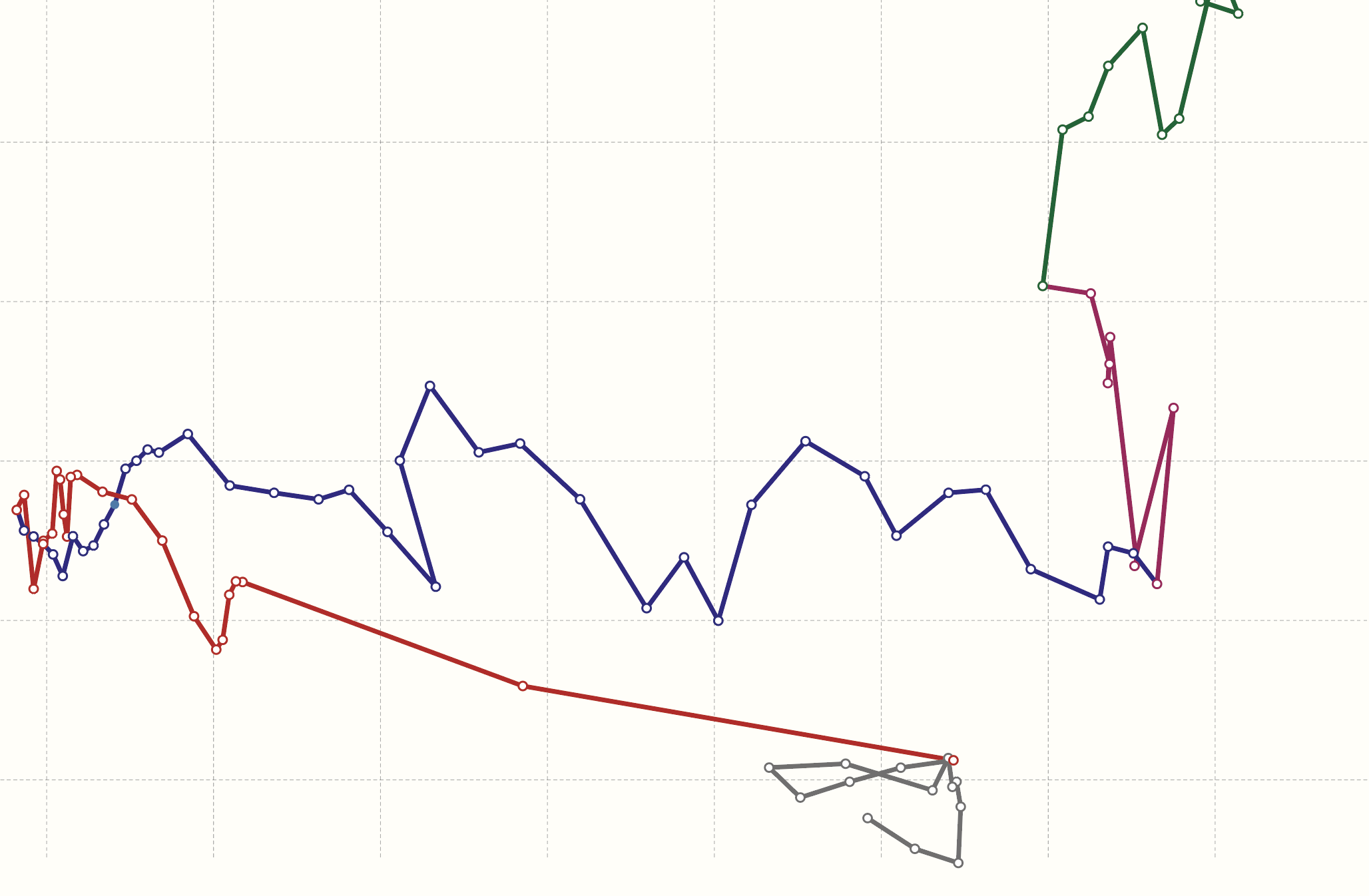
Breaking out of the Malthusian trap: How pandemics allow us to understand why our ancestors were stuck in poverty
The Industrial Revolution ended the Malthusian trap in which incomes were determined by the size of the population – making it possible for a country to leave abject poverty behind.
Poverty and Economic Growth
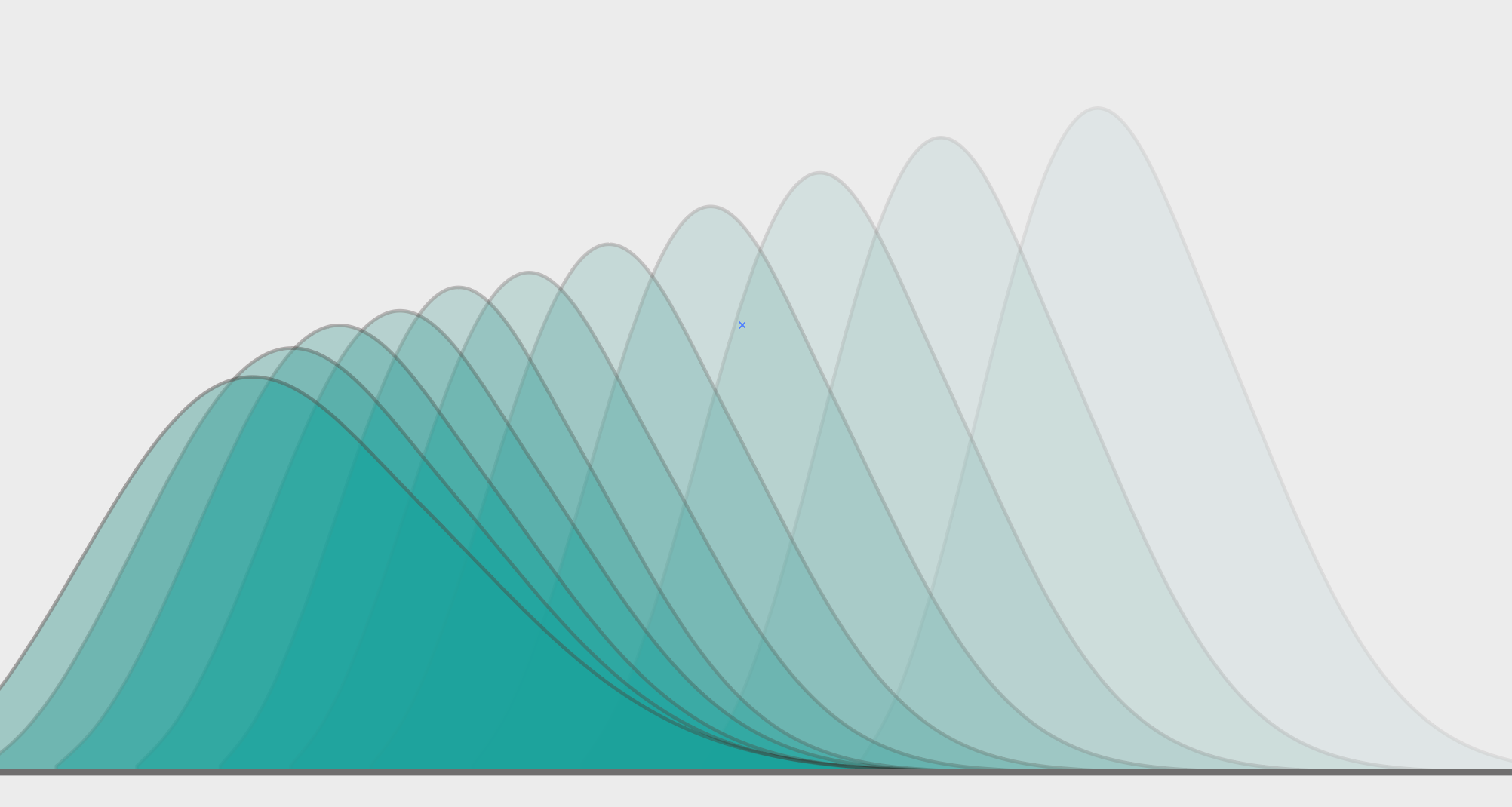
The economies that are home to the poorest billions of people need to grow if we want global poverty to decline substantially
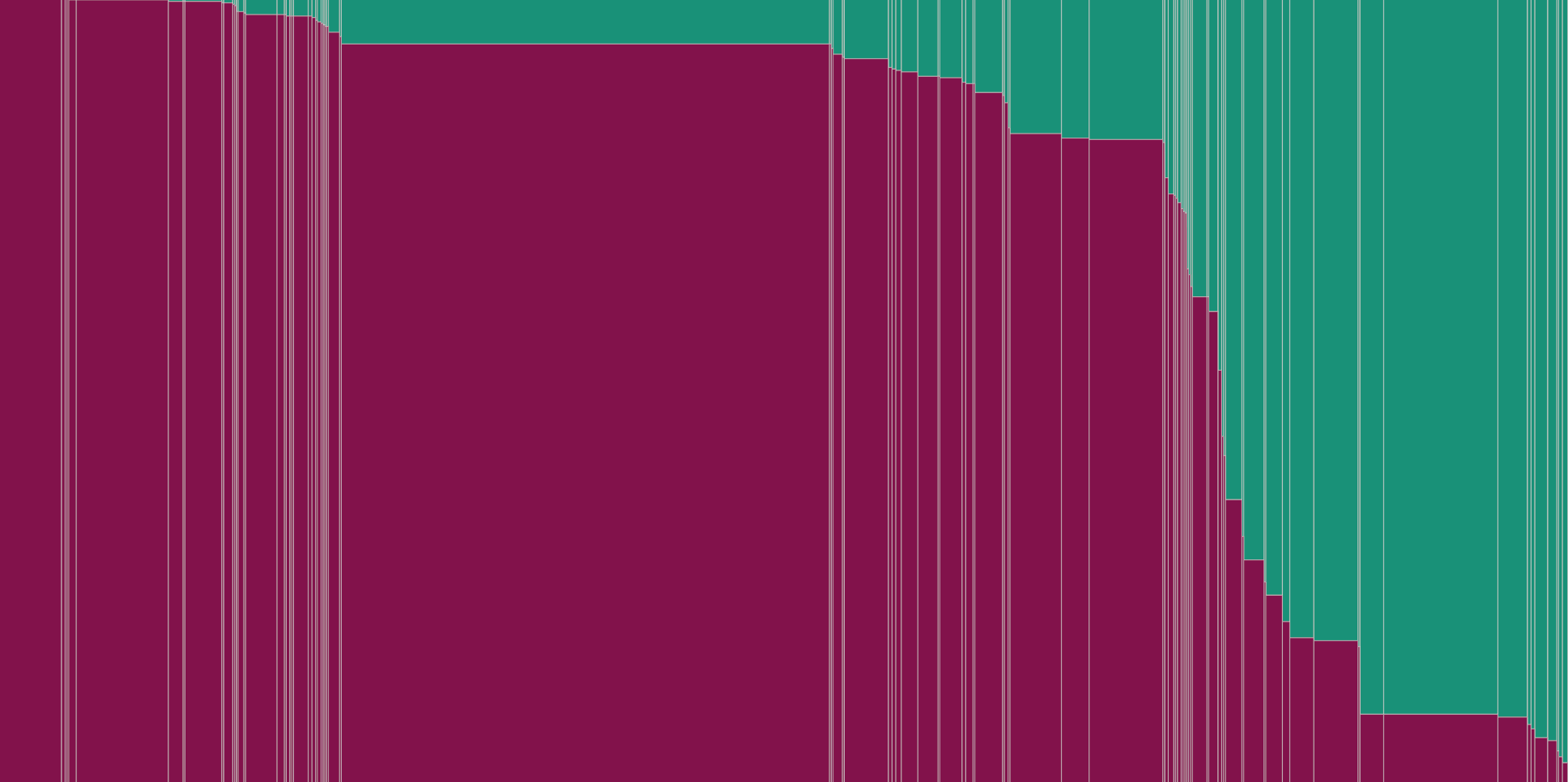
How much economic growth is necessary to reduce global poverty substantially?
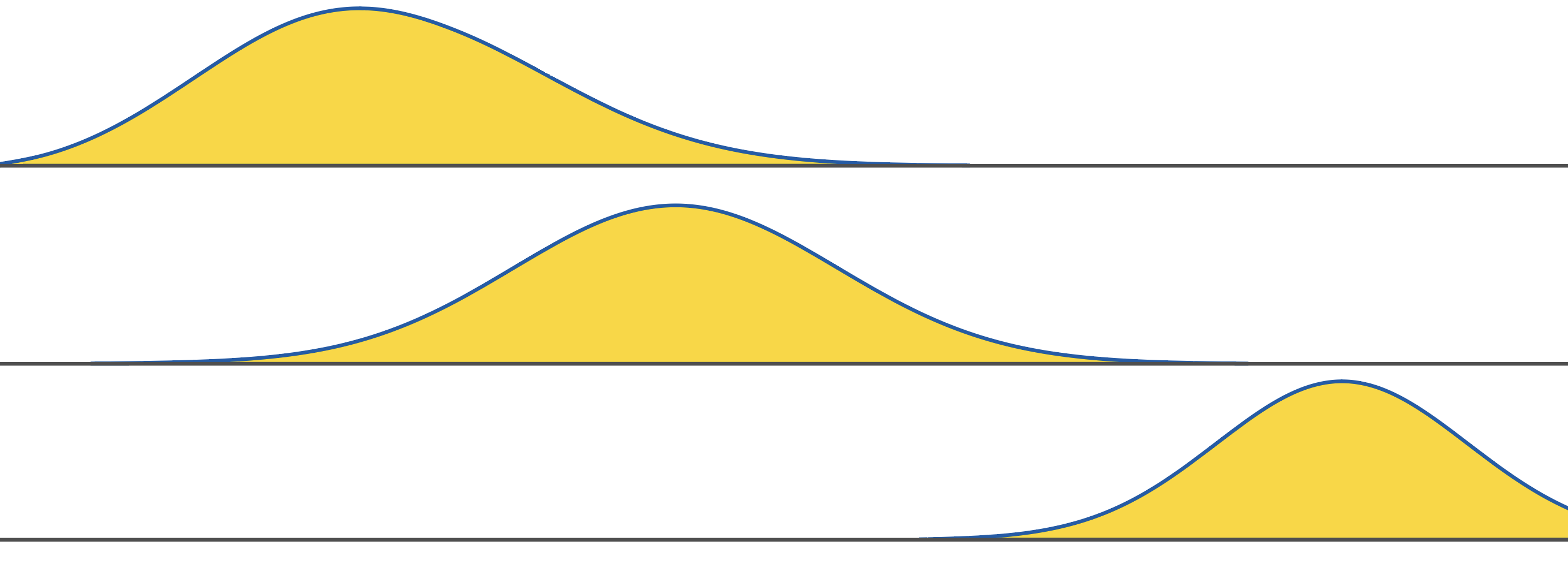
The history of the end of poverty has just begun
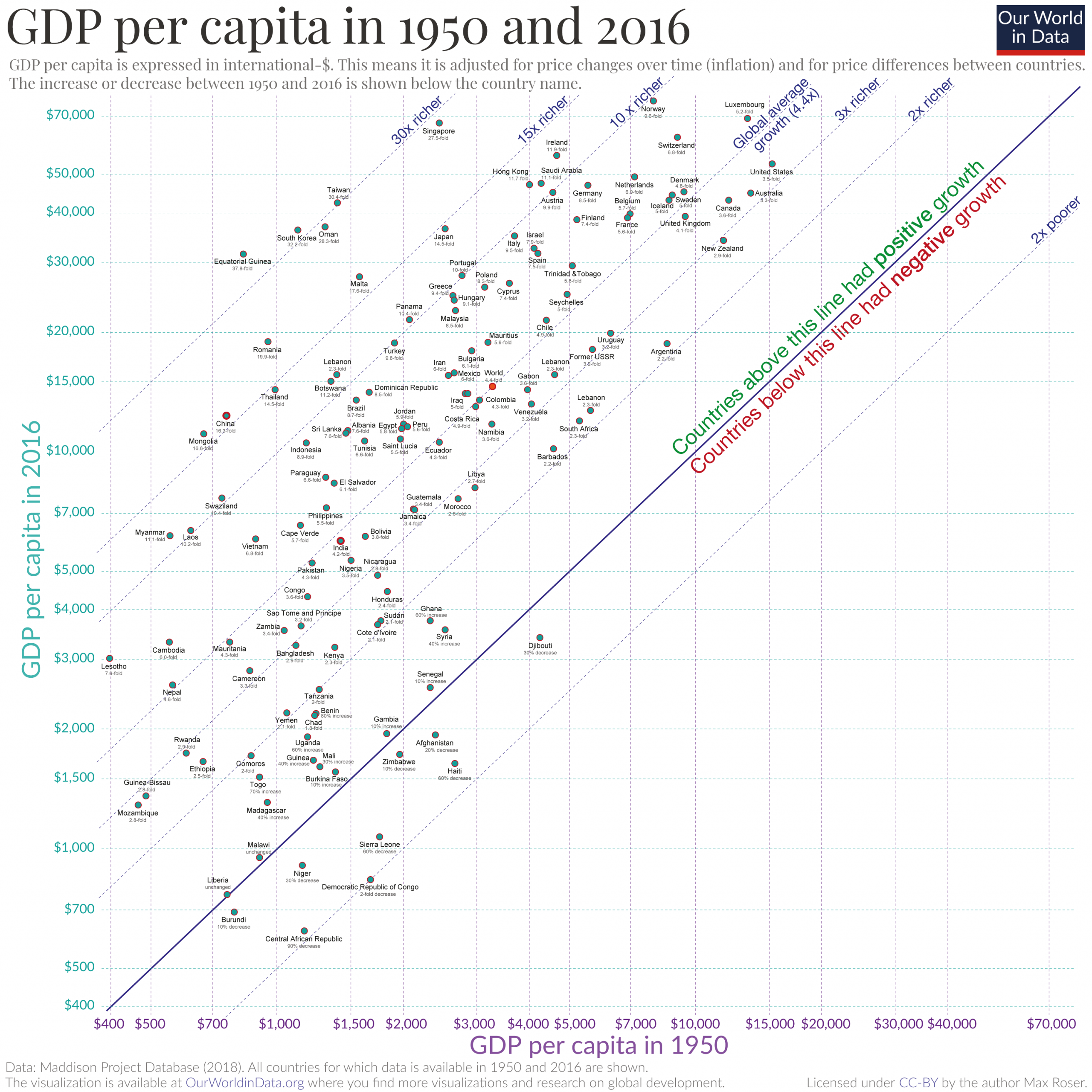
Which countries achieved economic growth? And why does it matter?
Economic Growth and the Environment
More Articles on Economic Growth
Is globalization an engine of economic development?
Does trade cause growth?
Historical poverty reductions: more than a story about 'free-market capitalism'
Structural transformation: how did today’s rich countries become ‘deindustrialized’?
The importance of social networks for innovation and productivity
How are incomes adjusted for inflation?
Cite this work
Our articles and data visualizations rely on work from many different people and organizations. When citing this topic page, please also cite the underlying data sources. This topic page can be cited as:
Max Roser, Pablo Arriagada, Joe Hasell, Hannah Ritchie and Esteban Ortiz-Ospina (2023) - “Economic Growth” Published online at OurWorldInData.org. Retrieved from: 'https://ourworldindata.org/economic-growth' [Online Resource]BibTeX citation
@article{owid-economic-growth,
author = {Max Roser and Pablo Arriagada and Joe Hasell and Hannah Ritchie and Esteban Ortiz-Ospina},
title = {Economic Growth},
journal = {Our World in Data},
year = {2023},
note = {https://ourworldindata.org/economic-growth}
}Reuse this work freely
All visualizations, data, and code produced by Our World in Data are completely open access under the Creative Commons BY license. You have the permission to use, distribute, and reproduce these in any medium, provided the source and authors are credited.
The data produced by third parties and made available by Our World in Data is subject to the license terms from the original third-party authors. We will always indicate the original source of the data in our documentation, so you should always check the license of any such third-party data before use and redistribution.
All of our charts can be embedded in any site.


